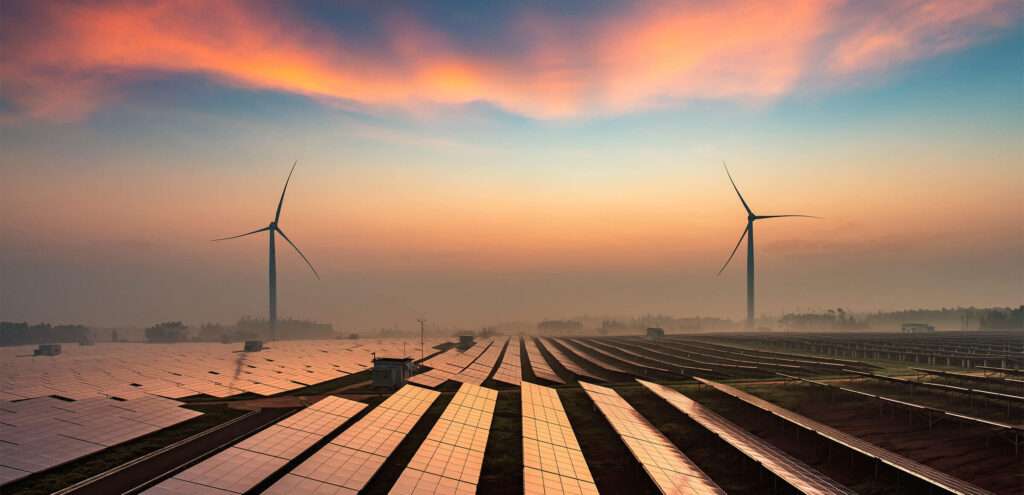In the contemporary world, climate change and environmental sustainability are at the forefront of global concerns. One of the key contributors to environmental degradation is the use of fossil fuels for energy production. With increasing awareness of the impact of fossil fuels on the environment, there has been a growing interest in renewable energy sources, and solar energy is often touted as a potential solution. However, despite its many advantages, there are still several challenges and shortcomings associated with solar energy. This blog post will explore the potential of solar energy as a replacement for fossil fuels, examine its current limitations, and discuss the future prospects of solar energy as a viable alternative to fossil fuels.

The Potential of Solar Energy
Solar energy, the energy harnessed from the sun, is an abundant and renewable source of power. Unlike fossil fuels, which are finite and contribute to pollution, solar energy is clean, plentiful, and sustainable. The sun emits an estimated 173,000 terawatts of energy continuously, which is more than 10,000 times the world’s total energy use. Harnessing even a fraction of this energy could provide a significant portion of the world’s electricity needs.
With advancements in technology, the efficiency of solar panels has improved, making solar energy more accessible and cost-effective. Moreover, solar power does not produce harmful emissions, making it an environmentally friendly option. Governments and private sectors around the world are investing in solar energy projects, and there is a growing emphasis on integrating solar energy into the existing power grids.

Shortcomings of Solar Energy
Despite its potential, solar energy has its limitations. One of the main challenges is its intermittent nature. Solar energy is only available during the day, and its availability varies with the weather and the time of year. This makes it necessary to have storage solutions or backup power sources to ensure a continuous supply of electricity.
Another limitation is the energy density of solar power. Fossil fuels have a high energy density, meaning they produce a large amount of energy from a small amount of fuel. In contrast, solar energy has a relatively low energy density, requiring large areas of solar panels to generate the same amount of energy as a smaller amount of fossil fuels. This can be a significant challenge in urban areas where space is limited.
Moreover, the manufacturing and disposal of solar panels have environmental implications. The production of solar panels involves the use of hazardous materials, and although recycling processes are being developed, a large number of solar panels are still ending up in landfills.
Finally, the initial cost of installing solar panels can be high, although this is often offset by the lower operating costs and the potential to sell excess electricity back to the grid.

The Future of Solar Energy
Despite these challenges, the future of solar energy looks promising. Technological advancements are addressing some of the current limitations. For example, improvements in battery technology are making it more feasible to store solar energy for use when the sun is not shining. Additionally, innovations in solar panel design and materials are increasing their efficiency and reducing their environmental impact.
Governments around the world are implementing policies to promote the use of solar energy. For example, many countries offer tax incentives or subsidies to encourage the installation of solar panels. Moreover, there is a growing emphasis on developing a smart grid that can better integrate renewable energy sources like solar power.
Ultimately, while solar energy may not be able to completely replace fossil fuels in the near future, it can certainly play a significant role in reducing our reliance on them. As technology continues to advance and as the political and economic landscape evolves, solar energy will likely become an increasingly important part of the global energy mix.

Conclusion
In conclusion, solar energy has immense potential as a clean, renewable source of power. While there are still several challenges and limitations associated with solar energy, ongoing technological advancements and supportive government policies are helping to overcome these hurdles. Although solar energy may not be able to replace fossil fuels in the immediate future fully, it can play a significant role in reducing our reliance on them and in moving towards a more sustainable and environmentally friendly energy future.










































